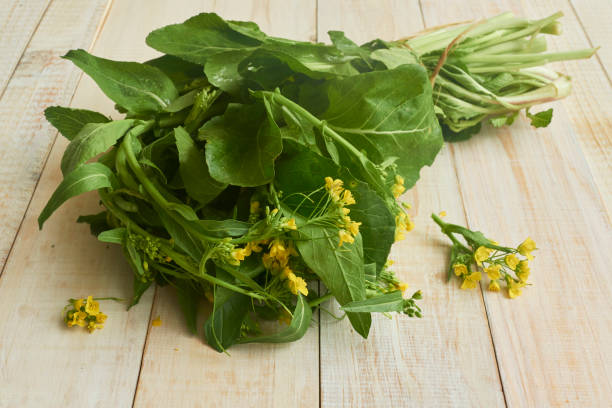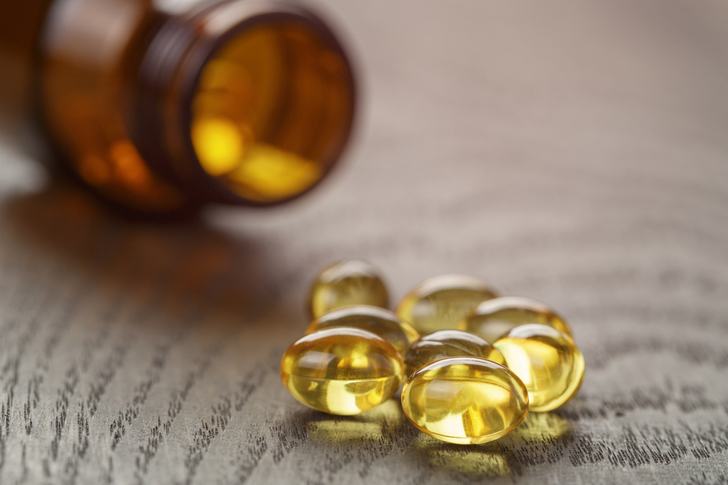
Vitamin E is very important for our body and the biggest reason is that vitamin E is antioxidant. It helps in damaging the body’s tissues and protecting against free radicals and keeping the immune system healthy. Apart from this, there are many benefits of Vitamin E that are very important to keep us healthy. So, let’s know all details about vitamin E, it’s benefits and vitamin E rich foods in India. See those below…
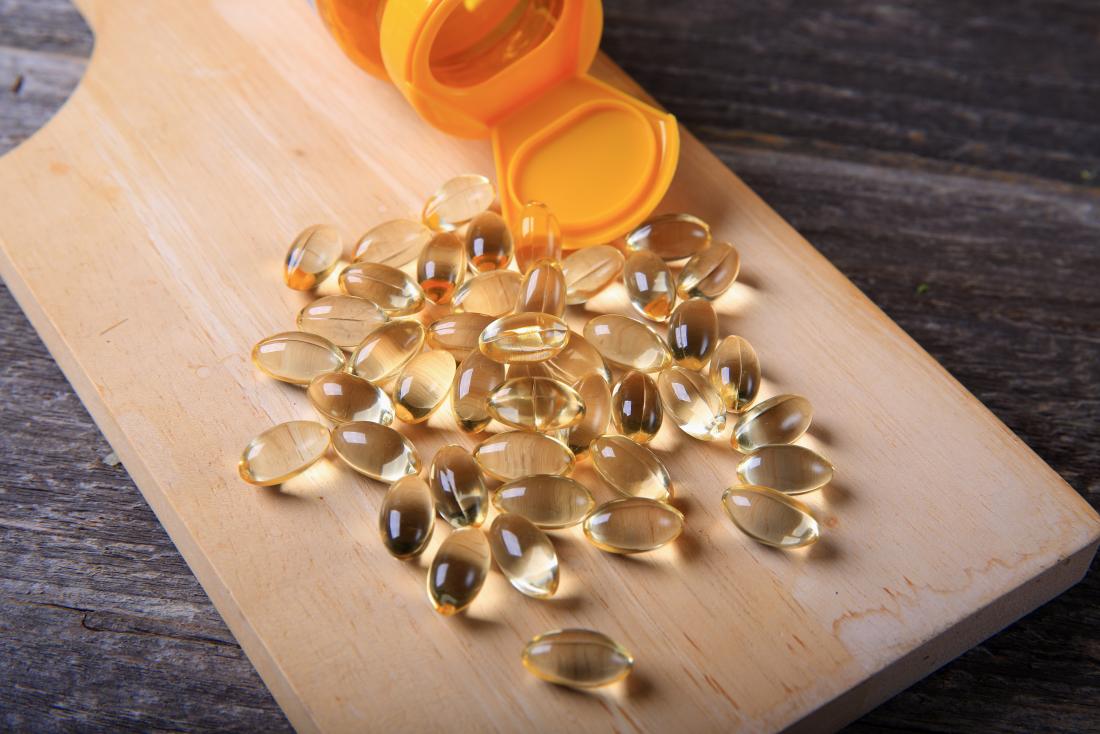
- What Is Vitamin E?
- Benefits Of Vitamin E:
- Daily Needs Of Vitamin E:
- Vitamin E Deficiency Symptoms in Indians:
- Vitamin E Rich Foods In India:
- Top 10 Vitamin E Foods Chart:
- Conclusion:
- FAQs:
- Q. What is Vitamin E and why is it important?
- Q. Which foods are highest in Vitamin E?
- Q. How much Vitamin E do adults need daily?
- Q. Can I get enough Vitamin E from food alone?
- Q. What happens if you don’t get enough Vitamin E?
- Q. Is it better to eat Vitamin E foods raw or cooked?
- Q. Can too much Vitamin E be harmful?
- Q. Are Vitamin E supplements necessary?
- Q. Which oil has the most Vitamin E?
- Q. Is Vitamin E good for skin and hair?
What Is Vitamin E?
Vitamin E, a fat-soluble vitamin that is very important for making our body healthy. Vitamin E has many benefits for skin and hair. This is why it is being used in many cosmetic products.
Vitamin E is important for keeping humans healthy and preventing various diseases. It is found in a variety of foods, and the best way to use this vitamin is to take it through a healthy diet. Vitamin E may also cause high levels of risk.
Benefits Of Vitamin E:
Vitamin E has the ability to overcome various health problems. It is the main nutrient essential in our body. Vitamin E also provides the other benefits for our body, as well as the work of antioxidants. It is also the best choice to remove skin disorders. Vitamin E can help women in many problems related to menstruation. Let’s go into detail the advantages of vitamin E which are related to our health.

Heart Disease:
You can use Vitamin E to make your heart healthy and muscular. Vitamin E is known to prevent oxidation of low-protein lipoprotein cholesterol. By which it can reduce the chances of heart disease. Apart from this, it also prevents blood clotting, which is especially the cause of heart attack. Studies show that consuming Vitamin E based foods is beneficial to avoid all these problems.

Dementia:
Vitamin E is beneficial in reducing the effects of cognitive decline or dementia. Vitamin E deficiency can interfere with mental functioning. Therefore vitamin E based foods should be consumed. It has a protective effect on mental work as the age of the people.
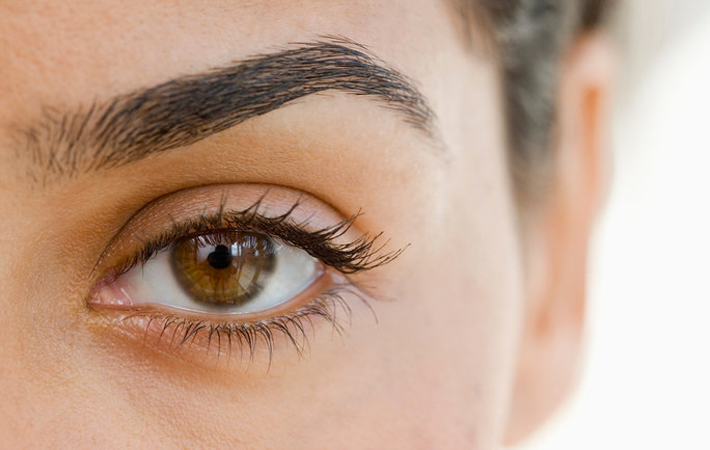
Eye Health:
There are many studies that show that consuming the right amount of Vitamin E on a daily basis can keep eyes healthy. Vitamin E is an important component for eyes. It can reduce the risk of age-related damage by up to 20 percent.

Skin:
Due to the antioxidant properties, it protects our body from free radicals. As a result, it reduces the swelling of the skin. Apart from this, it prevents skin infection from spreading and also reduces the possibility of skin cancer. In this way, you can get the benefits of Vitamin E to keep your skin healthy.

Wound Healing:
Vitamin E oil is beneficial for you to remove body lesions and injuries. Vitamin E is helpful in treating lesions, itching, eczema, burning, and other skin diseases. It also enhances cell self-life. On the use of it, it also treats dry skin by providing natural moisture to the skin.
Daily Needs Of Vitamin E:
For most adults, it is usually advisable to get at least 15 mg vitamin E. Although this amount may be 19 milligrams for breastfeeding women.
Vitamin E for children may vary widely depending on age. Although the amount of vitamins can increase with aging as well. Consumption of Vitamin E as per the age of children is as follows:
- At the age of 0-6 months – daily 4 mg
- At the age of 7-12 months – 5 mg daily consumption
- At the age of 1-3 – 6 mg per day
- At the age of 4-8 years – 7 milligrams per day
- At the age of 9-13 – 11 mg daily
- At age 14 and older – 15 mg max.
Vitamin E Deficiency Symptoms in Indians:
Vitamin E is an essential nutrient that plays a crucial role in protecting cells from oxidative damage, supporting immune function, and maintaining skin health. A deficiency in vitamin E, although rare in developed countries, can occur, particularly in regions where diets lack sufficient sources of the vitamin.
In India, where many people may not consume enough vitamin E-rich foods, deficiency can lead to various symptoms. Here’s a list of common symptoms of vitamin E deficiency:
1. Weak Immunity and Increased Infections:
Symptom: Frequent infections or a slower recovery from illness.
Cause: Vitamin E plays a key role in the immune system, helping the body fight off infections. A deficiency can weaken immune function.
2. Skin Problems:
Symptom: Dry, flaky skin, premature wrinkles, or other signs of skin aging.
Cause: Vitamin E is vital for skin health as it acts as an antioxidant that protects skin cells from damage. Deficiency may lead to dry skin or even conditions like eczema.
3. Muscle Weakness and Coordination Issues:
Symptom: Muscle weakness, difficulty walking, and uncoordinated movements (ataxia).
Cause: Vitamin E is important for nerve health and muscle function. A deficiency may lead to nerve damage, resulting in muscle weakness and problems with balance and coordination.
4. Vision Problems (Retinopathy):
Symptom: Blurry vision, night blindness, or worsening eyesight.
Cause: Vitamin E is essential for the health of eye cells, and a deficiency may lead to damage to the retina (retinopathy), causing vision problems.
5. Nerve Damage (Neuropathy):
Symptom: Numbness, tingling, or pain in the hands and feet (peripheral neuropathy).
Cause: Vitamin E supports nerve function, and without enough, nerve cells can be damaged, leading to sensory problems like numbness or tingling.
6. Fatigue and Low Energy:
Symptom: Persistent tiredness, fatigue, or low energy levels.
Cause: Vitamin E is essential for energy production at the cellular level. Deficiency can lead to feelings of exhaustion and lethargy.
7. Delayed Wound Healing:
Symptom: Slow or poor healing of cuts, wounds, or bruises.
Cause: Vitamin E helps in tissue repair and wound healing by reducing oxidative stress. Deficiency may result in slower recovery from injuries.
8. Reproductive Issues:
Symptom: Infertility or problems with reproductive health.
Cause: In some cases, vitamin E deficiency may affect reproductive health, as it is involved in maintaining healthy sperm and egg function.
9. Anemia:
Symptom: Fatigue, pallor, dizziness, or weakness due to low red blood cell count.
Cause: Vitamin E deficiency may interfere with red blood cell production, leading to hemolytic anemia (destruction of red blood cells).
Vitamin E Rich Foods In India:
Vitamin E is a very essential nutrient in our body. For this, we should maintain a proper diet. So let’s know which are the vitamin E rich foods in India. See this below…
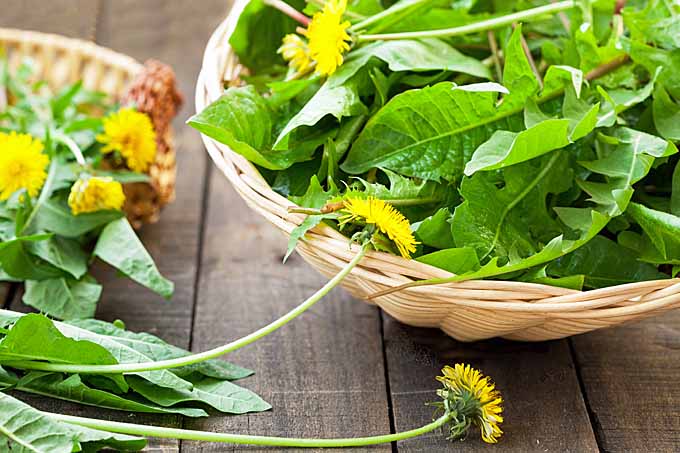
Dandelion Greens:
Dandelion Green is used as a salad. It is also used for making vitamin E oil. Dandelion Green is one of the vitamin E rich foods in India.

Parsley:
The Parsley is used in a salad or some Italian dish. Vitamin E is found in a large amount of fresh parsley.
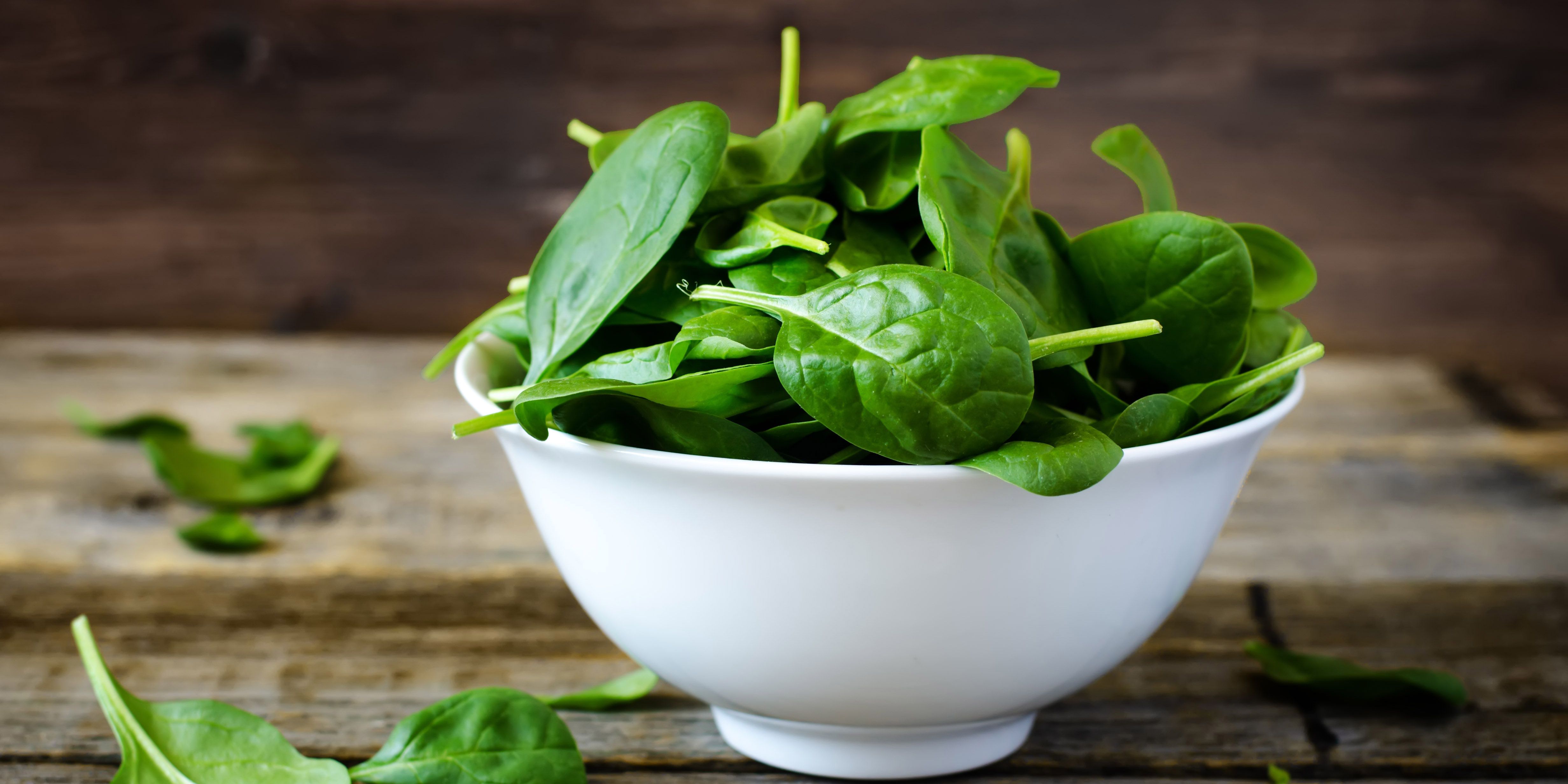
Spinach:
One can not make many recipes of spinach, use it in soup or as a salad. This is the main source of vitamin E.
Mustard Greens:
You enjoy the taste of mustard greens but know its benefits. It provides us with many health benefits. These contain good amounts of Vitamin E, Folate and Vitamin A, Vitamin C and K. You can shape mustard leaves that are very tasty. Apart from this, you can consume them as salads. It helps you get many health benefits.
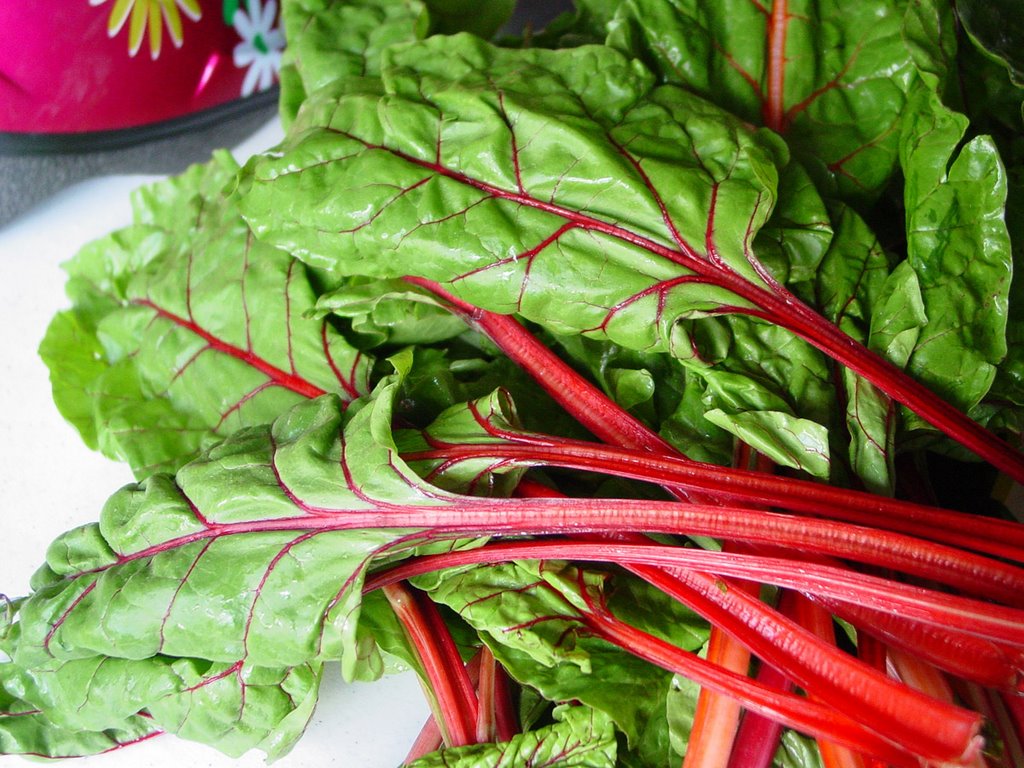
Swiss Chard:
This is a kind of vegetable that you can use as a salad, soup etc. A cup of Swiss Chard contains 17 percent vitamin E.
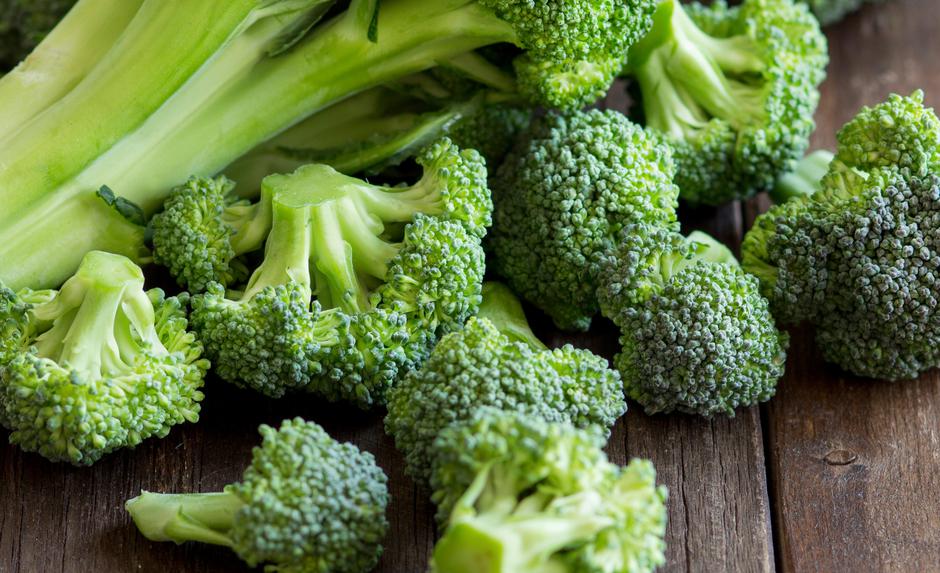
Broccoli:
It is very beneficial for losing weight, it can also be cooked by making a vegetable. At the same time, it can also be eaten by boiling. This is a source of vitamin E which can easily be found in the market. Broccoli is one of the vitamin E rich foods in India.
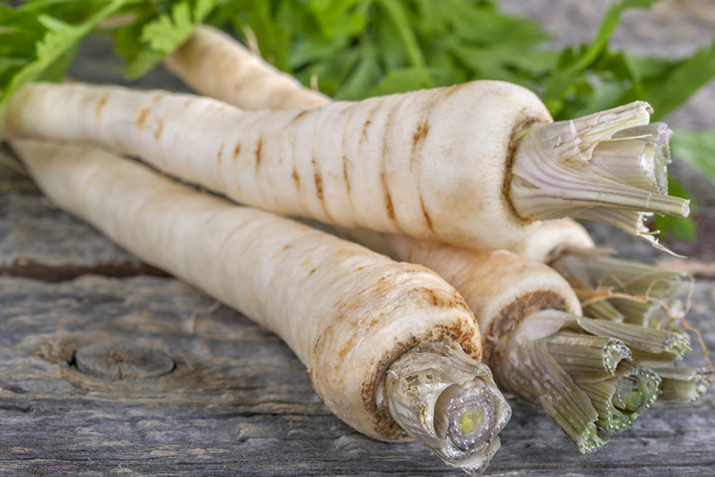
Parsnips:
It is delicious, it is cooked until olive oil is crisp.

Pumpkin:
Pumpkin is used to make vegetables. Use it to cure Vitamin E deficiency. Pumpkin is one of the vitamin E rich foods in India.

Tomatoes:
You can call it a fruit or vegetable anything. This is a special used product for your recipes. Speaking of vitamin E, it consumes 0.8 mg vitamin E for its 149 grams of intake. But tomatoes contain a good amount of other nutrients such as lycopene. It is a type of antioxidant that helps reduce the effects of cancer. You can also get these benefits by consuming tomatoes regularly.

Asparagus:
Along with anti-inflammatory properties, asparagus contains rich amounts of vitamin C, beta carotene, zinc, manganese, and selenium. Actually, 1 cup of asparagus contains 18 percent vitamin E of the daily requirement. It is also helpful in preventing cancer. In addition, the benefits of asparagus are also in diabetes and digestion. You can regularly get asparagus benefits using breakfast or other dishes.
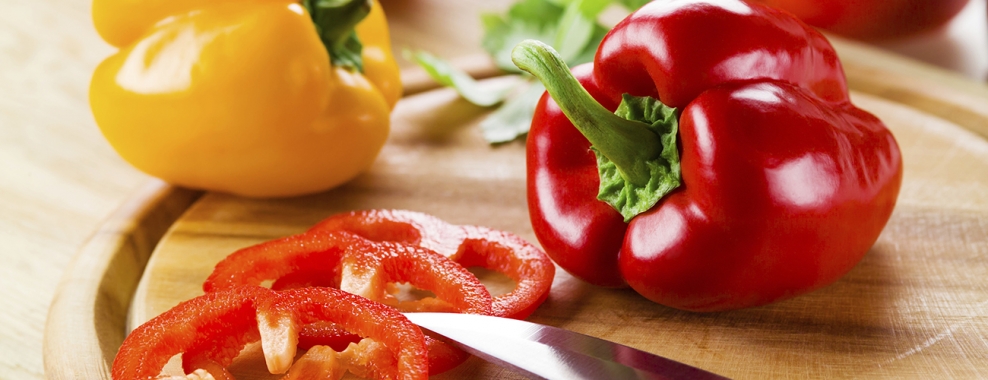
Bell Peppers:
Bell Peppers has a good amount of iron which contributes to energy production. Capsicum in capsicum that helps in keeping blood vessels healthy and controlling blood pressure. You can use capsicum with your recipes, or you can get the benefit by preparing soup at home. It is considered a good source of vitamin E. Studies show that approximately 7 grams of capsicum contains 2 mg vitamin E, which is 10 percent of the daily requirement.

Eggs:
Eggs are used in breakfast for lunch or dinner. It is one of the most important sources of vitamin E.

Quinoa:
Quinoa finds it easily in any store. You can also eat it by frying, as well as take it in breakfast, lunch or dinner. A cup of 6 percent Vitamin E is found in its cup. Quinoa is one of the vitamin E rich foods in India.
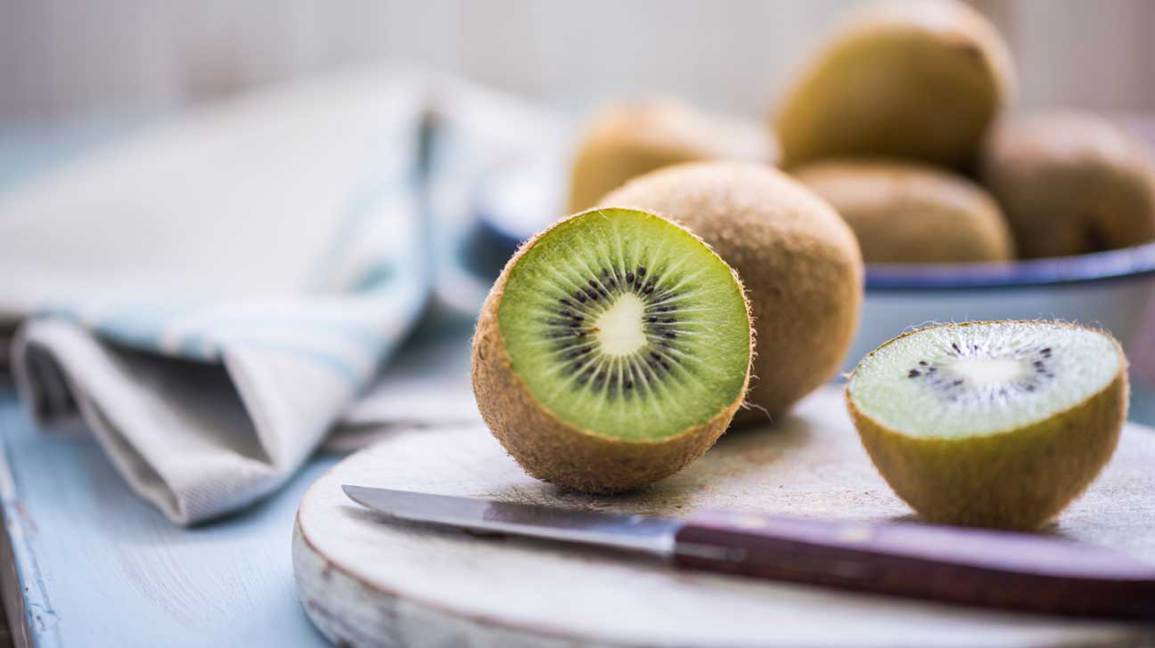
Kiwi Fruit:
This fruit is very tasty, so you can make custard, smoothie. This is a good source of vitamin E oil.
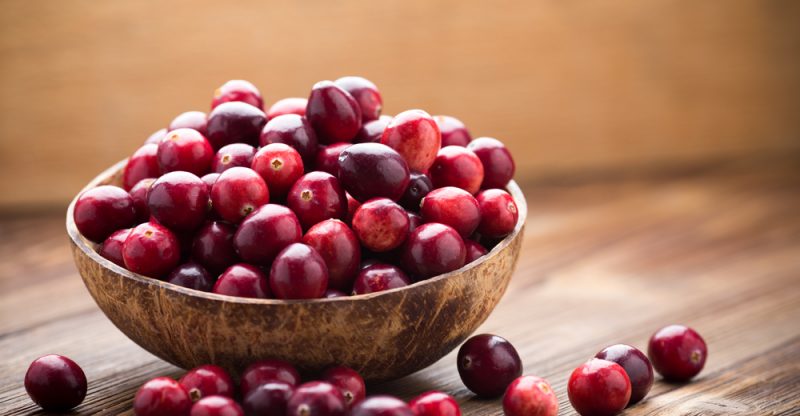
Cranberry:
Used to make cranberry juice or sauce. With this, you can create many things, including Jalpaño Salsa. This vitamin E is one of the rich foods.
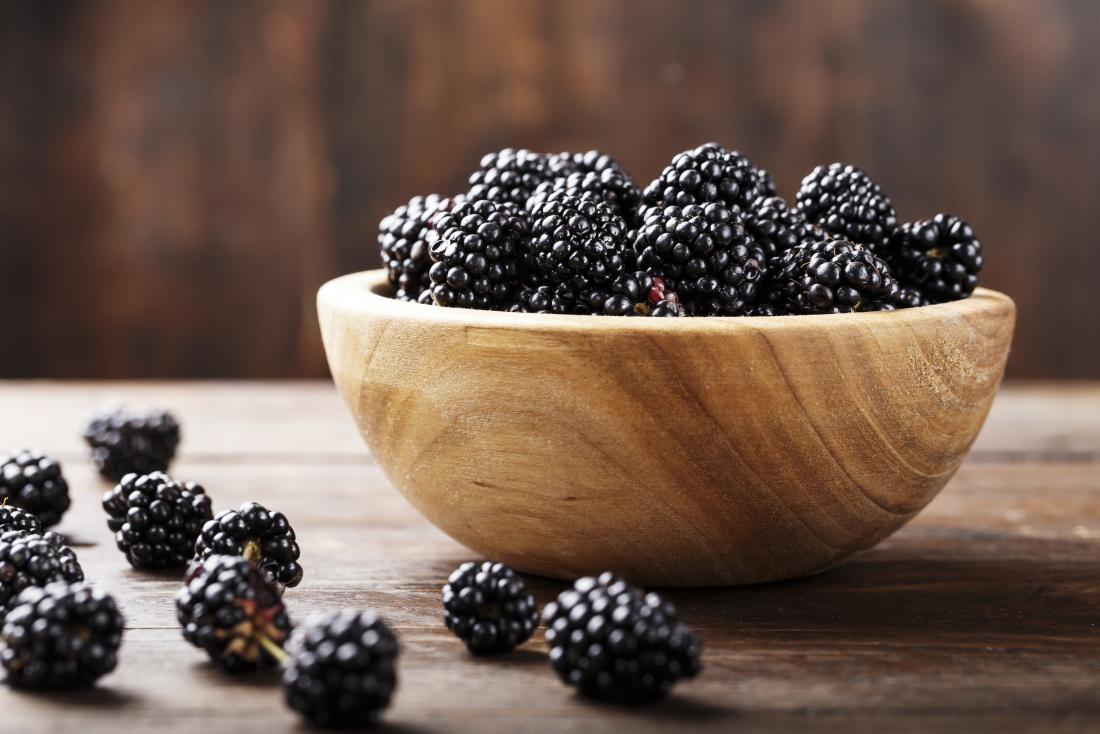
Blackberry:
Blackberry is a delicious fruit, it removes vitamin E deficiency. You can also eat it at breakfast. Blackberry is one of the vitamin E rich foods in India.

Avocados:
This is one of the best food items with vitamin E, avocados are more than 2 milligrams of Vitamin E.

Olive:
Olive is a very good source of vitamin E, a very good amount of vitamin E is found. Eat olives in many ways, it is used in pizza or pasta.

Papaya:
Consume 140 grams of cooked papaya and 1 mg of Vitamin E and 5% of daily requirement. Papaya also contains powerful antioxidant properties which protect the body from many diseases. Apart from this, papaya helps us against indigestion and swelling. You can include papaya in the diet for getting vitamin E and other health benefits.
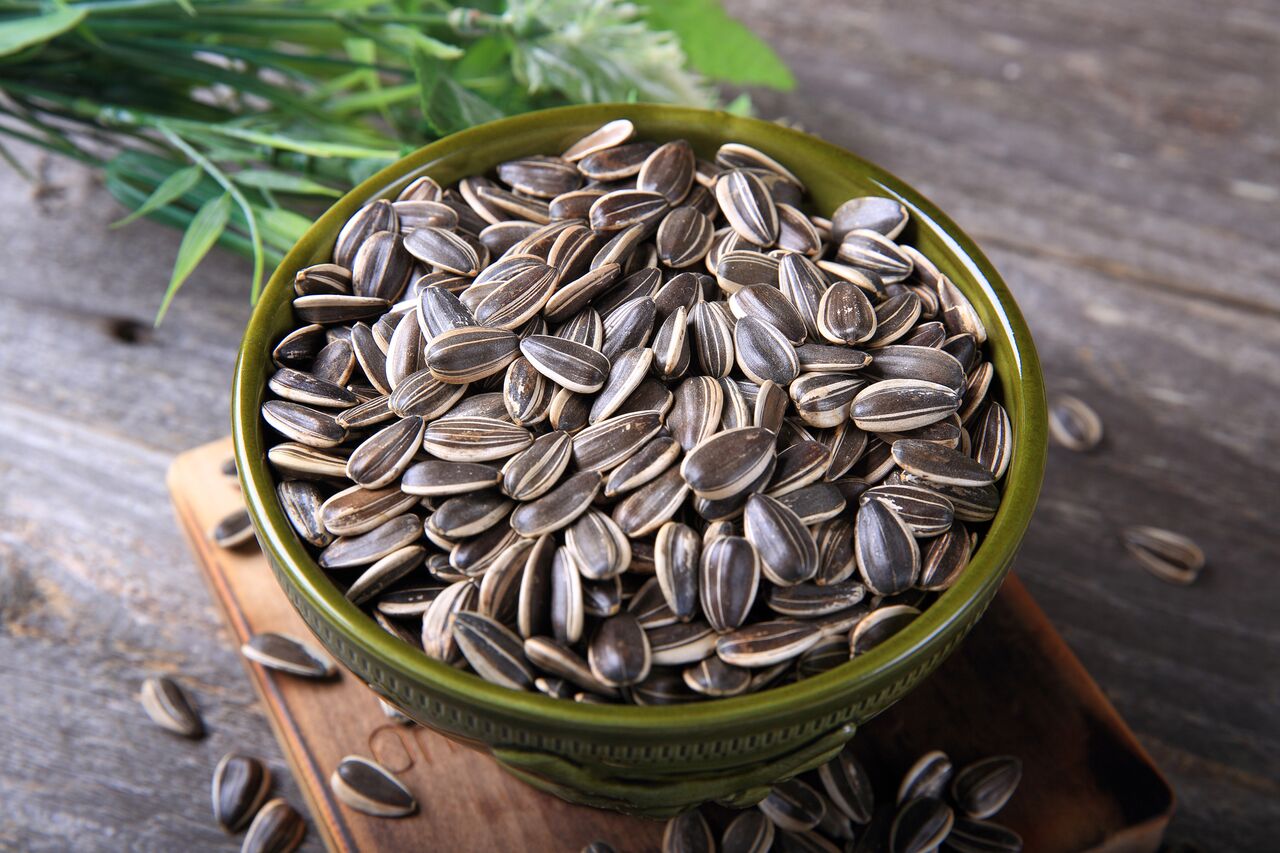
Sunflower Seeds:
Vitamin E is found in plenty of sunflower seeds. A cup of 100 grams contains 78% vitamin E. This is one of the most economical vitamin E benefits. You can also use sunflower seeds by frying them.

Almonds:
This is one of the most common elements of Vitamin E, which we can incorporate in our daily diet. A cup of almond contains over 170% vitamin E. You can also take almonds with milk.
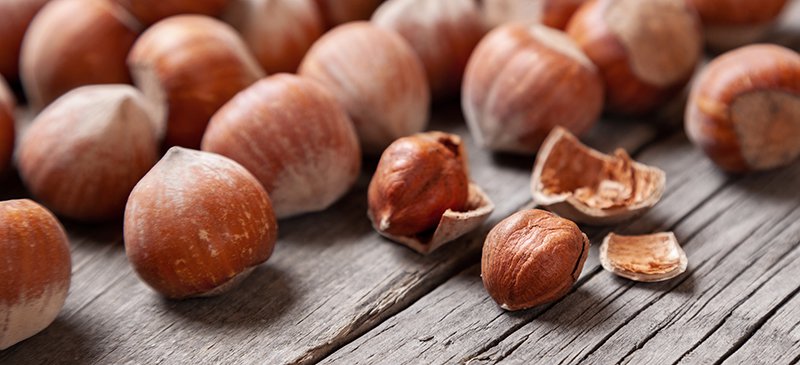
Hazelnuts:
This is not a common element found in your diet. Because it is very expensive and not easily available in the market. It contains more than 86% vitamin E in one cup. It can also be cut and eat and can also be mixed in the soup.
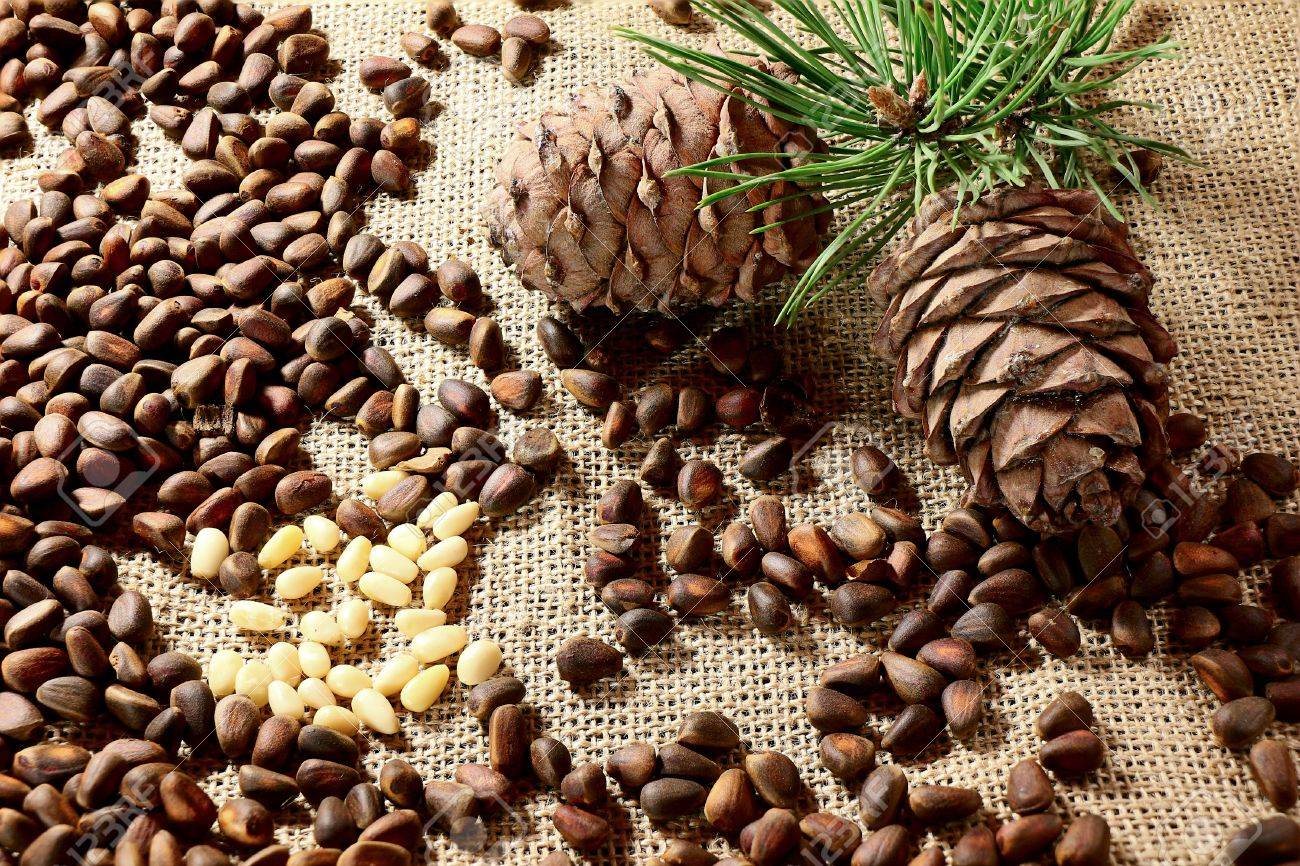
Pine Nuts:
This is a type of nut that is mixed with all kinds of recipes. It is mixed in many creams and is traditionally used to make pasta. You can also eat it in a salad and eat it. This vitamin E is one of the rich foods.

Peanuts:
Peanuts i.e. groundnuts, which is a great source of vitamin E It is easily found in the market, peanut is eaten much in the winter season. Peanut is one of the vitamin E rich foods in India.
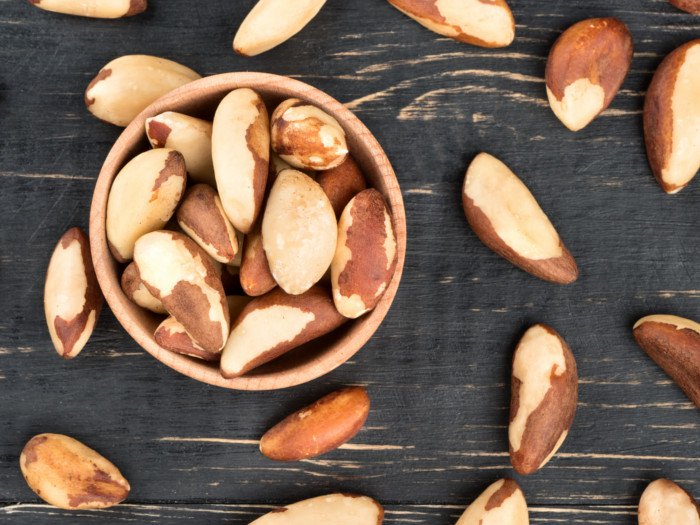
Brazil Nuts:
A cup of Brazilian nuts can contain 38% vitamins. Brazil Nut is one of the vitamin E rich foods in India.
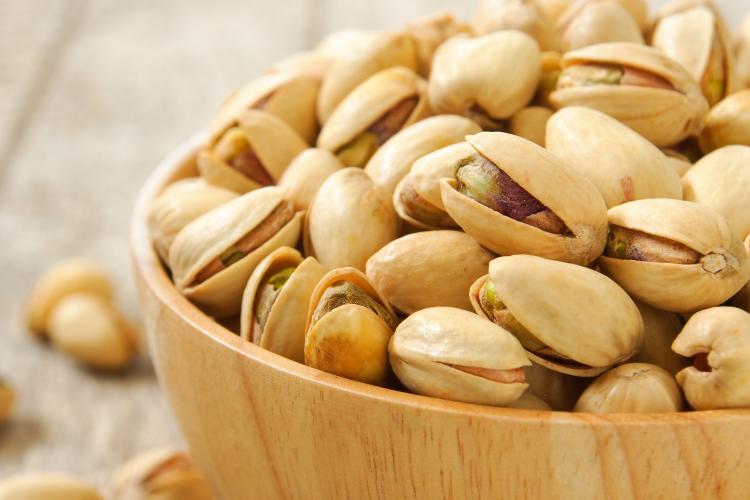
Pistachio:
Pistachios which are also quite tested and healthy, you can eat it by mixing it in milk or by mixing it in a sweet dish or yogurt. Along with exercise, pistachio food is very beneficial. Pistachio is one of the vitamin E rich foods in India.
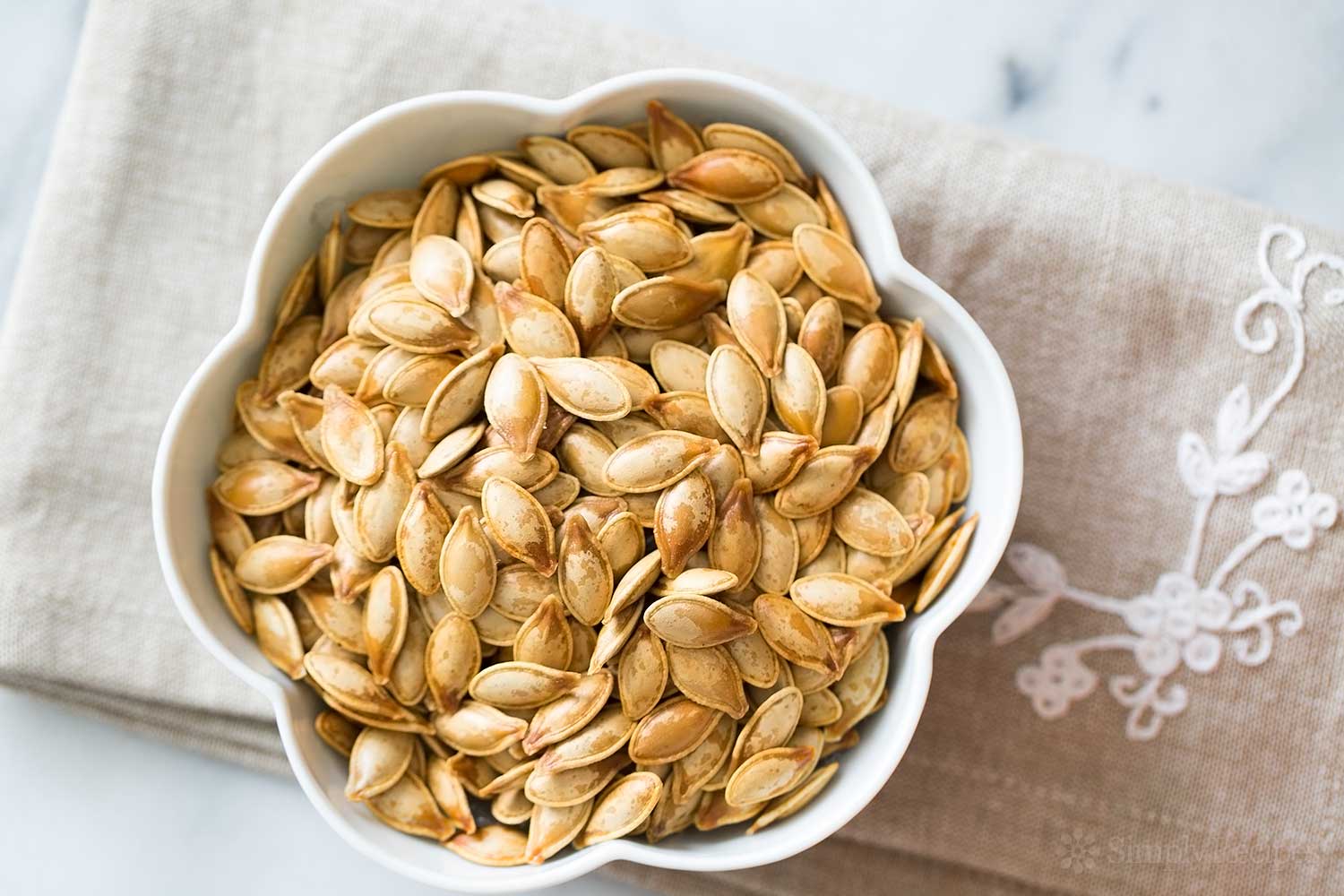
Pumpkin Seeds:
These seeds contain good amounts of vitamins, you can eat it by putting it in bread. You can also use it in any type of breakfast dish. Pumpkin seed is one of the vitamin E-rich foods in India.
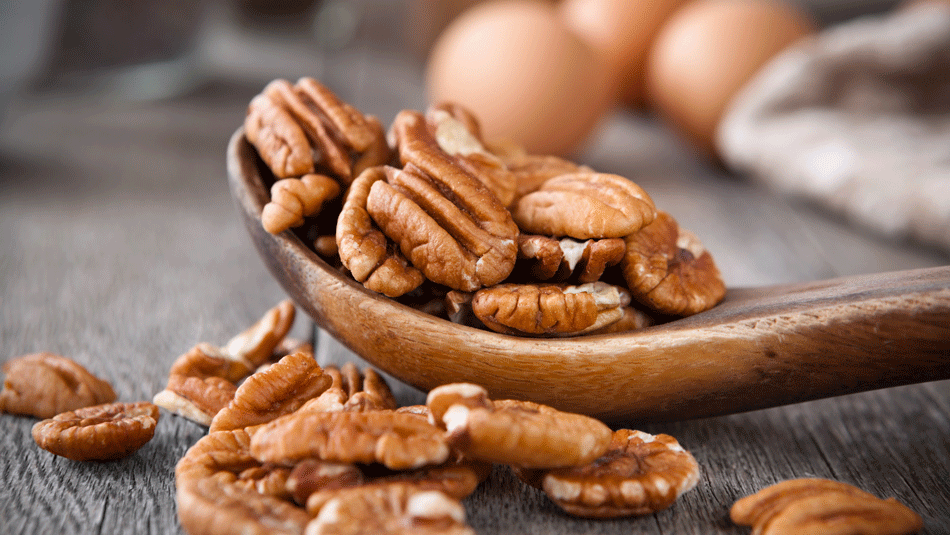
Pecans:
Pecans are used in Pancakes and Blueberry recipes. This sweet pecan is rich in vitamin E. Pecan is one of the vitamin E-rich foods in India.
Top 10 Vitamin E Foods Chart:
Here’s a table of the top 10 vitamin E-rich foods with details on their calorie content, nutritional benefits, and nutrients per 100 grams. These foods are great sources of vitamin E and come with a range of other essential nutrients.
| Food Item | Vitamin E (mg/100g) | Calories (kcal/100g) | Key Nutrients & Benefits |
|---|---|---|---|
| Sunflower Seeds | 35.17 | 584 | High in vitamin E, healthy fats (omega-6), fiber, and protein. Great for skin health and heart function. |
| Almonds | 25.63 | 579 | Rich in vitamin E, fiber, healthy fats, and magnesium. Supports heart health and weight management. |
| Hazelnuts | 15.03 | 628 | Provides vitamin E, healthy fats, fiber, and B vitamins. Good for brain health and skin. |
| Spinach | 2.03 | 23 | Low-calorie, rich in vitamin E, iron, calcium, and folate. Helps boost immunity and skin health. |
| Kale | 1.54 | 49 | Packed with vitamin E, vitamin K, fiber, and calcium. Supports bone health and skin. |
| Avocados | 2.07 | 160 | High in vitamin E, healthy fats, fiber, and potassium. Promotes heart health and glowing skin. |
| Olive Oil | 14.35 | 884 | Excellent source of vitamin E, healthy monounsaturated fats, and antioxidants. Supports heart health. |
| Sunflower Oil | 41.08 | 884 | Very high in vitamin E and healthy fats. Great for skin health and inflammation reduction. |
| Peanuts | 8.33 | 567 | High in vitamin E, protein, and healthy fats. Good for energy and muscle health. |
| Pumpkin Seeds | 2.43 | 446 | Rich in vitamin E, magnesium, iron, and zinc. Boosts immunity and supports heart health. |
Conclusion:
If you experience symptoms like muscle weakness, vision issues, or skin problems, and suspect a vitamin E deficiency, it’s important to seek advice from a healthcare professional. In most cases, adjusting your diet with more vitamin E-rich foods or considering supplements (under medical guidance) can help address the deficiency and its symptoms.
FAQs:
Q. What is Vitamin E and why is it important?
A. Vitamin E is a fat-soluble antioxidant that helps protect your cells from damage, supports immune function, improves skin health, and helps maintain healthy eyes.
Q. Which foods are highest in Vitamin E?
A. Some of the best natural sources include:
Almonds
Sunflower seeds
Spinach
Avocado
Wheat germ oil
Peanuts and peanut butter
Hazelnuts
Broccoli
Pumpkin seeds
Q. How much Vitamin E do adults need daily?
A. Most adults need about 15 mg per day. Pregnant or breastfeeding women may need slightly more.
Q. Can I get enough Vitamin E from food alone?
A. Yes. A balanced diet with nuts, seeds, vegetable oils, and green leafy vegetables usually provides enough Vitamin E for most people.
Q. What happens if you don’t get enough Vitamin E?
A. Deficiency is rare but may cause:
Weak immune system
Muscle weakness
Vision problems
Nerve damage (in severe cases)
Q. Is it better to eat Vitamin E foods raw or cooked?
A. Many Vitamin E foods (like nuts and seeds) are best eaten raw or lightly cooked. Overheating oils can reduce Vitamin E content.
Q. Can too much Vitamin E be harmful?
A. Yes. Very high intake from supplements (not food) may increase bleeding risk and cause other health problems. Always follow recommended doses.
Q. Are Vitamin E supplements necessary?
A. Usually not if you eat a healthy diet. Supplements may be recommended by a doctor if you have a deficiency or specific medical condition.
Q. Which oil has the most Vitamin E?
A. Wheat germ oil is one of the richest sources, followed by sunflower oil and safflower oil.
Q. Is Vitamin E good for skin and hair?
A. Yes. It helps protect skin from oxidative damage, supports healing, and may improve hair and scalp health when consumed regularly.
